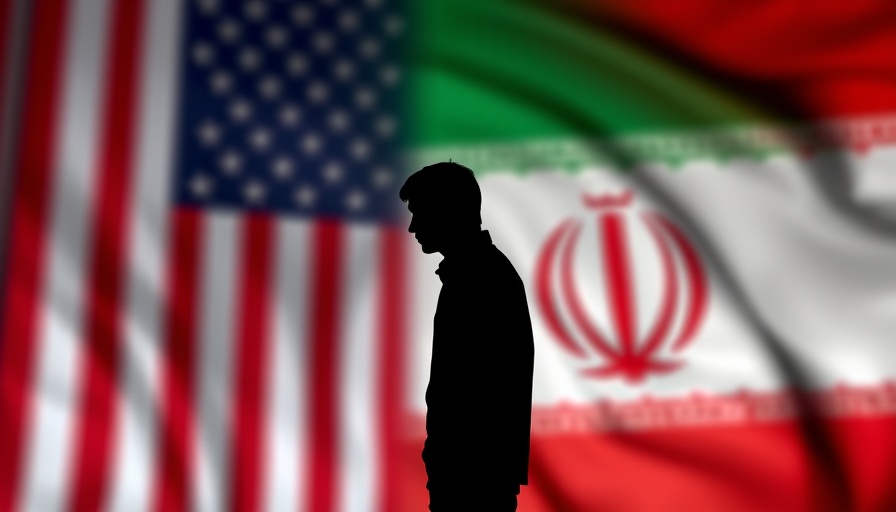
Putin's Easter Service: A Moment of Faith Amid Conflict
On a night steeped in tradition, President Vladimir Putin gathered with Moscow Mayor Sergei Sobyanin and other faithful worshippers at the Cathedral of Christ the Saviour for an Orthodox Easter service, a poignant reflection that accompanied his declaration of a unilateral ceasefire in Ukraine. This decision, announced mere hours before the service, was met with skepticism from Kyiv, highlighting the complex landscape of conflict and conviction that defines this moment.
Ceasefire Claims Under Scrutiny
While Putin called for a ceasefire to coincide with Orthodox Easter, the reality on the ground told a different story, as fighting continued in various regions. This contradiction raises critical questions about the sincerity of ceasefire declarations and the broader implications for peace in the region. As Putin stood amidst the grandeur of the Cathedral, his display of faith juxtaposed with the ongoing conflict symbolizes the challenging intersection of politics and religion in Russia today.
The Role of Religion in Russian Politics
For Putin, the Orthodox Church and faith are integral to his identity and political strategy. Patriarch Kirill, a vocal supporter of the war, led the service and called for a "lasting and just peace" in the historical territories of Rus. This alignment between church leadership and state policy is significant, illustrating how tightly woven religious sentiment is with national identity in Russia.
Historical Context: Easter and Its Significance
Orthodox Easter stands as the pinnacle of the religious calendar for millions of Russians and serves as a potent reminder of the cultural heritage that melds faith and national pride. The early morning celebrations, marked by the joyous proclamation of “Christ is risen,” resonate deeply with the populace, emphasizing hope and renewal even amidst the chaos of war.
The Human Element: Perceptions of Peace
To many, Putin's presence in the Cathedral amid ongoing violence raises concerns and skepticism about the authenticity of his peace overtures. How do ordinary Russians reconcile their faith with the harsh realities of conflict? The church service becomes not only a moment of spiritual reflection but also a lens through which to view the series of choices made by their leaders.
Looking Ahead: Potential Outcomes from the Ceasefire
The future of peace in Ukraine remains uncertain. While initiatives like ceasefires may be publicly lauded, the effectiveness depends on the earnestness behind them. Analysts suggest that for any lasting peace to take hold, genuine negotiations must replace symbolic gestures. The contrast of ecclesiastical celebration and the stark reality of war highlights the complex dynamics at play.
Understanding the Broader Implications
The implications of these events extend beyond Ukraine, influencing regional stability and international relations. As the world watches attentively, the intertwining of faith, leadership, and military action provides a compelling narrative that transcends borders.
 Add Row
Add Row  Add
Add 



Write A Comment